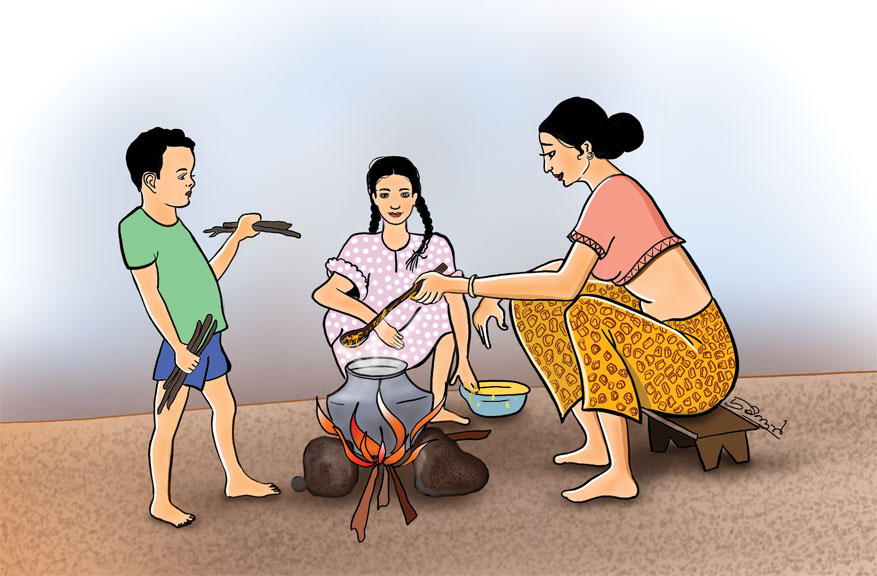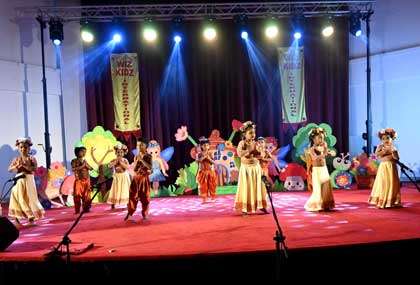Sinhala & Hindu New Year Fostering Traditions & Togetherness
Living amidst super-busy days juggling a multitude of tasks and daily experiencing economic difficulties, the annual days of traditional cultural or religious celebrations offer everyone a respite from the daily tedium. Sinhala and Hindu New Year is one of the main cultural celebrations on the calendar which falls in the month of April. It is also the month when the farmers harvest their cultivation, and since Sri Lanka traditionally had been predominantly an agriculture based existence, it’s a time of honouring everything connected to that lifestyle. In today’s context, it is also a time when families living apart for various reasons (schooling, employment, etc.) get- together to enjoy this time of togetherness.
Words - Lakmini Wijemanne
Every year, “Koha” reminds us early on, that the new year is just around the corner. It is a time in the year, that everything is done following age-old traditions in both the Sinhala and Hindu culture. According to the astrologers, it is the sun’s transition from the Meena Raashiya to Mesha Raashiya completing a cycle of 12 months that is marked by the New Year celebrations. New Year celebrations are tied to the Sun God who is devoutly worshipped by farmers since it is believed that He makes it possible for the farmers to cultivate their lands well to get a good crop. Being able to reap a good harvest makes the farmer able to afford to live comfortably and meet all his needs, till the next harvest. In a way, it is a thanksgiving ceremony to all the Gods, who, in the world of farming are denoted by natural elements - the sun, the rain, water, earth and even the wind - which ensure that the farmer gets to reap a good harvest . In Sri Lanka, agriculture had been the main livelihood of the majority, and thus, it has been treated with much respect and honor. Our whole lifestyle had been fashioned around this way of living, and though much has changed in our lives with the industrialism, still, certain traditions and rituals which have been connected to a agriculture based living, is celebrated with much devotion, since it denotes who we are, largely. The traditions which have been followed from the time of our forefathers and rituals connected to Avurudu is performed according the auspicious times set out at the beginning of the year.
Excited to read more? Get Lanka Woman in Magzter for our latest Digital Issue!
www.magzter.com/.../Lanka.../Women's-Interest/530905
www.lw.lk

Leave a reply
Reply To:
Name - Reply Comment





Comments